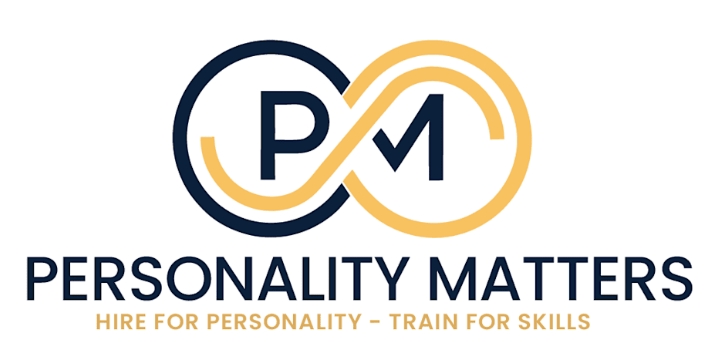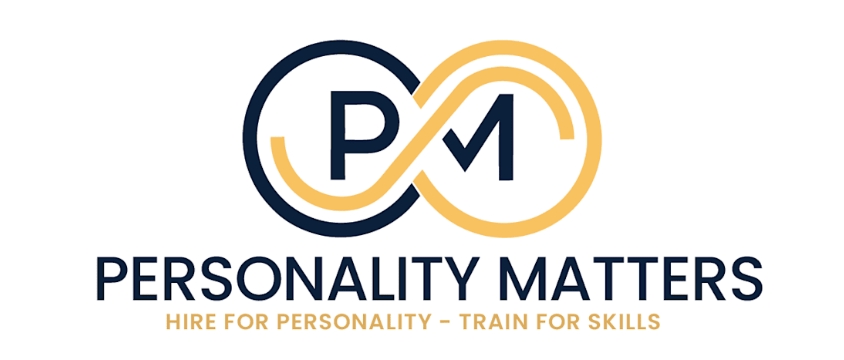Generation Z—the cohort born between 1997 and 2012—has entered the workforce, bringing with it new expectations, preferences, and challenges for recruiters. As this digital-native, values-driven generation continues to dominate the job market, companies need to adapt to effectively recruit and retain Gen Z talent. However, many employers may face obstacles, especially if they lack recruitment specialists who are well-versed in the unique dynamics of Gen Z.
While the process of hiring Gen Z employees is not impossible, it does come with its own set of challenges, especially for organizations that don’t have the luxury of a recruitment expert focused on this demographic. Let’s explore these challenges and how companies can overcome them to successfully attract and onboard Gen Z talent.
Key Challenges in Recruiting Gen Z
-
Understanding Gen Z’s Job Preferences
Gen Z’s work preferences differ significantly from older generations. Many traditional recruitment methods and job offerings simply don’t align with what Gen Z is looking for. For example, this generation tends to prioritize flexibility, remote work, and work-life balance over traditional benefits like pension schemes or structured office hours. Without understanding this fundamental shift, employers may struggle to tailor their job offerings in a way that resonates with Gen Z.
Solution: Employers can start by offering flexibility, such as remote or hybrid work models, flexible hours, and a focus on results rather than hours worked. Additionally, highlighting the company’s commitment to employee well-being and work-life balance can make positions more appealing.
- Competing with Social Media and Gig Economy Gen Z grew up in the era of social media, side hustles, and the gig economy. Platforms like Instagram, TikTok, and LinkedIn are integral parts of their daily lives, and many are drawn to freelance or entrepreneurial opportunities. This presents a challenge for companies that operate within more traditional career structures, as Gen Z workers may find the idea of a 9-to-5 job limiting or less appealing.
Solution: To attract Gen Z, companies need to rethink the rigid structure of employment. Highlighting opportunities for entrepreneurial growth within the company, offering side hustle-friendly policies, or promoting internal projects where Gen Z employees can have a sense of ownership can draw in this younger demographic. Additionally, showcasing your company’s brand and values on social media channels where Gen Z spends time can help build a connection.
- Digital Natives with High Expectations Having grown up in a world dominated by technology, Gen Z expects workplaces to be technologically advanced and streamlined. They value fast communication, easy-to-use platforms, and the seamless integration of technology into their work lives. Outdated or inefficient hiring processes, clunky software systems, or a lack of communication via modern platforms like Slack, Zoom, or Microsoft Teams can be huge turn-offs.
Solution: Simplifying and modernizing the recruitment process can go a long way in attracting Gen Z candidates. Consider optimizing your application systems, utilizing video interviews, and ensuring your company uses modern tools for communication and collaboration. This not only improves the candidate experience but also reflects your company’s commitment to embracing the digital world Gen Z thrives in.
- Emphasis on Purpose and Values Gen Z is deeply motivated by a desire to work for companies that align with their values, whether that’s sustainability, inclusivity, or social justice. This generation tends to favor employers who take a strong stance on environmental issues, diversity, and social responsibility. Companies that fail to reflect these values or that are not transparent about their social impact may find it difficult to engage Gen Z candidates.
Solution: Ensure your company’s mission and values are clearly communicated across all recruitment channels. Highlight your organization’s commitment to sustainability, diversity, equity, and inclusion (DEI), and give examples of how your company has made a positive social impact. Transparency is key—Gen Z tends to research companies thoroughly, so being authentic and forthcoming will help build trust.
- Need for Career Growth and Learning Opportunities Gen Z places a strong emphasis on career development and growth opportunities. They are less likely to stay with an employer if they feel their professional growth is stagnating or if they don’t see a clear path for advancement. This presents a challenge for companies that have traditional career paths or lack a structured approach to employee development.
Solution: Offering mentorship programs, regular feedback sessions, and a clear pathway for career advancement can help attract Gen Z candidates who are focused on personal and professional development. Additionally, providing opportunities for continuous learning through online courses or skill-building workshops will demonstrate your company’s commitment to their growth.
- Navigating Communication Preferences Unlike older generations who might be comfortable with emails or in-person interviews, Gen Z has grown up with texting, instant messaging, and social media communication. They are used to quick, direct, and often digital-first communication methods. This means that traditional communication styles might not be as effective when recruiting Gen Z candidates.
Solution: Consider adapting your communication methods to align with Gen Z’s preferences. Use text messaging or messaging apps for initial outreach, and embrace video interviews or virtual job fairs for a more engaging experience. During the recruitment process, ensure that communication is fast, transparent, and responsive to meet Gen Z’s expectations.
Conclusion
Recruiting Gen Z may seem daunting, especially for companies without a recruitment specialist, but it’s far from impossible. By understanding their preferences, embracing digital tools, aligning with their values, and offering flexibility, businesses can successfully attract and engage this dynamic generation. With the right strategies in place, companies can tap into the immense potential Gen Z has to offer and build a workforce that’s innovative, diverse, and forward-thinking.














